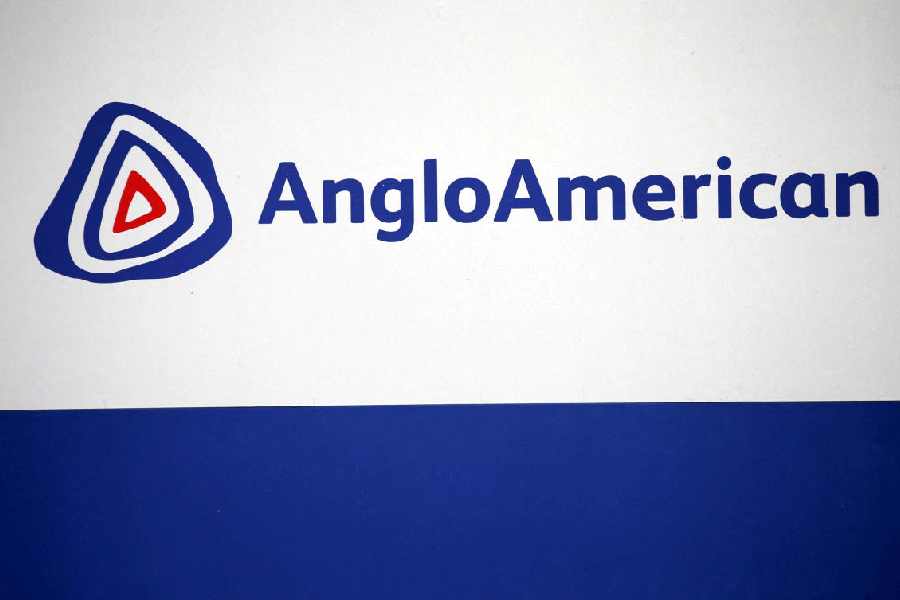BHP Group said on Monday that Anglo American had rejected a revised buyout offer valuing the company at £34 billion ($42.67 billion).
Anglo American had in April rebuffed BHP’s $39 billion all-share takeover proposal, saying it was opportunistic and significantly undervalued its prospects.
The new offer is 10 per cent higher than BHP’s first one, or a 15 per cent increase in the merger exchange ratio, lifting Anglo American shareholders’ aggregate ownership in the combined group to 16.6 per cent from 14.8 per cent in the earlier proposal, it said.
Anglo’s share price was down 0.7 per cent at £27.58 pounds.
“We are disappointed that this second proposal has been rejected,” BHP’s CEO Mike Henry said in a statement.
“BHP continues to believe that a combination of the two businesses would deliver significant value for all shareholders,” the statement added.
The world’s biggest listed miner has until May 22 to log in a binding offer. Anglo declined to comment.
Anglo is attractive to its competitors for its prized copper assets in Chile and Peru.
The metal is used in everything from electric vehicles and power grids to construction, and demand for it is expected to rise as the world moves to cleaner energy and wider use of AI.
But the London-listed miner’s sprawling portfolio also includes platinum, iron ore, steelmaking coal, diamonds and a fertiliser project.
The revised bid is still contingent upon Anglo selling its shares in iron ore and platinum assets in South Africa, a country BHP exited in 2015.
Anglo’s investors are concerned that they stand to lose heavily by holding shares in the South African subsidiaries if they are unbundled.
Steel concern
Japanese steelmakers have raised concerns with Australian authorities that BHP could become too dominant in the global supply of coking coal if it goes ahead with a takeover of Anglo American.
Australia is the world’s biggest exporter of coking coal and a top supplier to Japan, making up around 60 per cent of its imports, with most of the steel-making ingredient coming from the state of Queensland, where BHP and Anglo American are the two largest producers.
“BHP already has a large share of the supply of high-quality hard coking coal in the seaborne trade, and we will take measures to ensure that further oligopolisation will not impede sound price formation and stable supply,” a JFE Steel spokesperson said, declining to elaborate on what measures they could take.
Representatives of Japanese steelmakers met with Queensland government officials raising alarm bells that if a deal went ahead it would concentrate the world’s top quality coking coal mines in the state’s Bowen Basin in the hands of BHP, two people
familiar with the talks said.
Reuters










